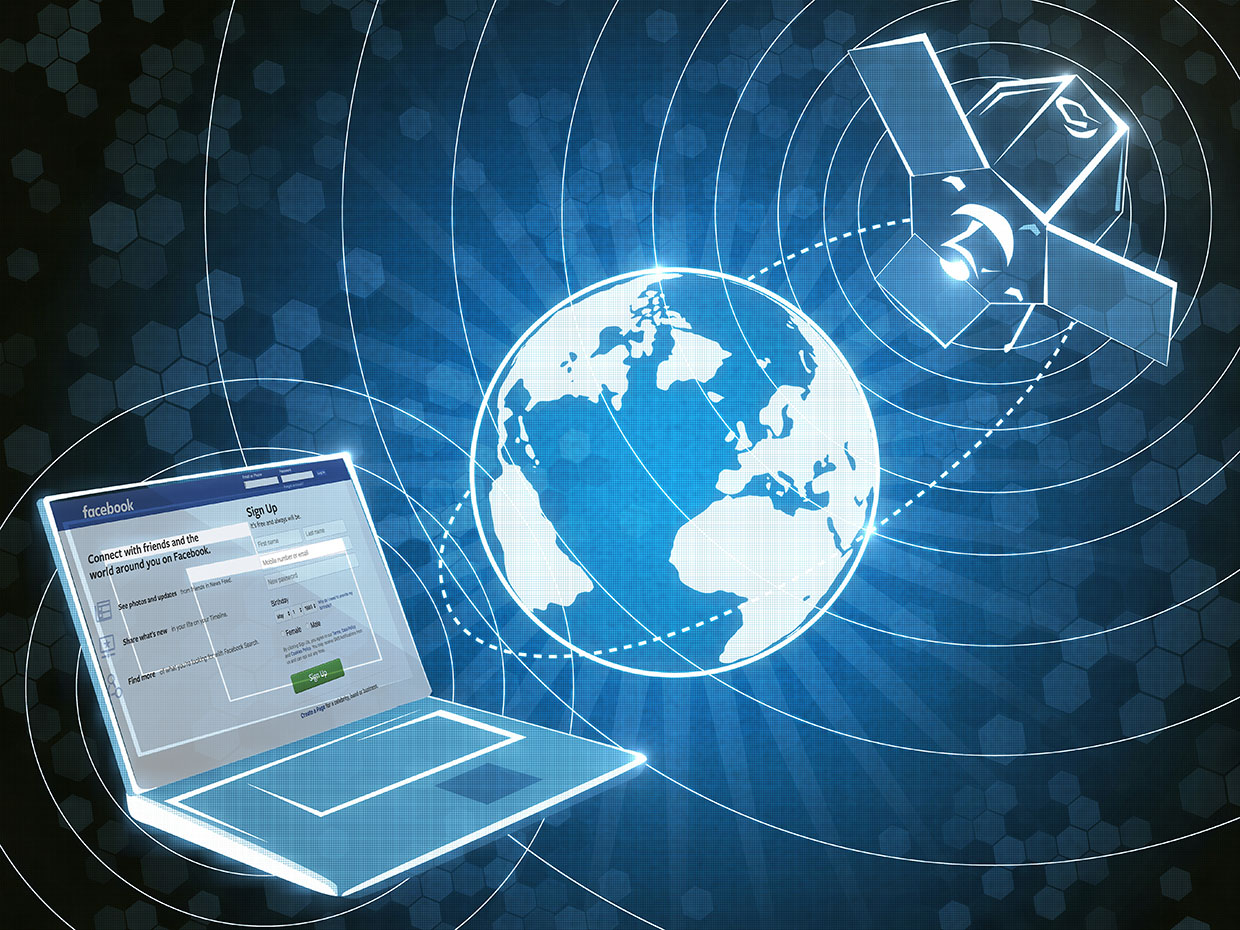MOBILE and fixed network operators are adjusting their prices upwards by huge margins in what is certain to hit the people’s pockets, the Daily News can report.
While the tariff increases enable network operators to stay afloat and continue to provide decent services to their multitudes of customers, they add to the burdens confronting the embattled consumer.
They also have the effect of stoking the inflation fires.
Yesterday, two of the country’s mobile network operators (MNOs) notified their clients of the impending price adjustments.
The country’s largest MNO, Econet Wireless Zimbabwe, said effective April 1, 2019 national call charges will now cost $0, 2157 per minute, which translates to $0, 038 per second including Value Added Tax, excise and Universal Service Fund.
The charges are up from $0, 1600 per minute and $0, 0027 per second.
Local SMSs will now be going for $0, 0634 up from $0, 0530 per SMS.
In the case of Telecel, the country’s smallest MNO will be charging $0,22 per minute or $0,0037 per second.
SMS now costs $0,007 per every text you send.
Two days ago, TelOne announced an increase in tariffs for all its data-based services for RTGS dollar (RTGS$), while it maintained the old prices for the United States dollar (USD).
Earlier, ZOL Zimbabwe had taken the lead by setting new tariffs for its services.
What the telecommunications operators have sought to do is ensure that their prices reflect exchange rate developments on the interbank market.
This follows the creation of an interbank market by the Reserve Bank of Zimbabwe (RBZ) last month where the exchange rates between the RTGS$ and units constituting the country’s basket of currencies are now determined by market players on a willing-buyer willing-seller basis.
In other words, the RBZ abandoned the 1:1 parity which existed between the bond note and the USD, with rates responding by floating within the 2,5:1 and 2,9:1 range.
The Zimbabwe Congress of Trade Unions (ZCTU) yesterday reacted angrily to the tariff increases saying the cost of communication is now beyond the reach of employees.
“What we are seeing is that we have a government that is moving away from social welfare to corporate welfare. This is going to cause a lot of instability. We will see a lot of stay-aways, we are going to see a lot of strikes, we are going to see a lot of demonstrations, which will stifle production,” said ZCTU president Peter Mutasa.
Mutasa urged workers to push for a minimum wage that can cushion them from the price increases.
He said: “We also have a word to business: they should not forget that the same workers that they are giving poor salaries are their customers. So very soon everything is going to crumble. This is a zero-sums game — everyone is going to lose in the end.”
Already, Zimbabwe is considered to have one of the most expensive data in the world, according to the latest global report by United Kingdom-based organisation, Cable.
Denford Mutashu, president of the Confederation of Zimbabwe Retailers said the poor will be alienated and impoverished as a result of the tariff increases.
“Consumers are hard hit already. Zimbabwe pricing models are exclusionary on the marginalised. Data should be a basic commodity as most people in the country rely on it daily.
“Costs of transacting will also rise and mobile money transfer has been a huge nightmare in terms of costs already and one wonders if the majority will afford the new tariffs,” said Mutashu.
He said it should be realised that communication, information sharing and knowledge acquisition have been accelerated by the advent of mobile communication and data accessibility, adding that these gains could be lost if Zimbabwe prices its tariffs beyond the reach of many.
Mutashu said whereas other countries are moving in to provide free WiFi services in major highways, cities, restaurants, parks, public spaces etc, Zimbabwe is trying to make the most out it.






